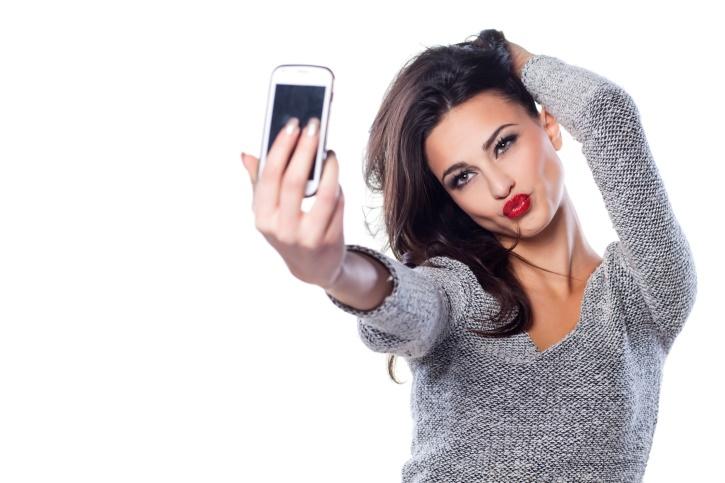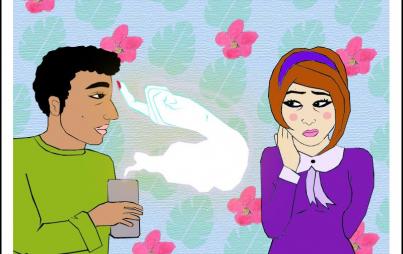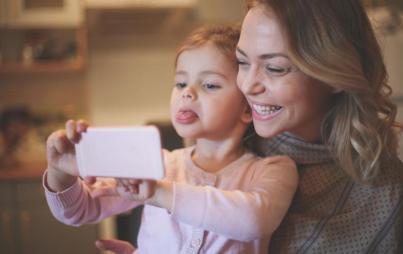
Credit: ThinkStock
This week in Vanity Fair, the celebrity nude-photo hacking saga continued when J. Law called her photo leak a "sex crime," noting that she was "in a loving, healthy, great relationship for four years. It was long distance, and either your boyfriend is going to look at porn or he's going to look at you." Her words continued the simmering debate about the legal and moral implications of the privacy breach . . . as well as the public's appetite for such photos.
But the scandal begs another question, too: Why do people take salacious selfies in the first place?
The Straight Facts
According to a survey released by McAfee, 54% of adults in the U.S. sext, with 70% saying they've received a sexy image. But what's the reason for it?
Dara Greenwood, an associate professor of psychology at Vassar, claims we take these pictures to connect with someone else:
"We derive a sense of self and identity from being seen, both literally and figuratively, and valued, so there is additional motivation to broadcast the self via photograph. In some ways the ubiquity of this photo-taking and sharing option may be over determining the behaviors that follow. In some basic sense, we take selfies because we can."
And what about normal everyday selfies, you know the ones plastered all over your Facebook and Twitter walls—clearly these are fine, no? Lucy Sheridan, "The Comparison Coach" (who works to help you stop comparing yourself to others) in the UK, disagrees. We take these selfies because we're "indicating we want to be noticed and accepted in society," she says. "The narcissism we tap into through a selfie has a buzz attached to it that means we're all open to sleepwalking into self-promotion."
She also notes that our self-esteem is connected to selfies—both the ones we take, and the ones we see online. She prods:
"What's going on inside and 'behind the scenes' in real life to prompt people to seek attention and approval from the outside world or faceless people on the Internet?"
While it may not come as a huge surprise that taking selfies is tied to self-esteem issues, it is surprising to learn that the phenom is hardly something new—debunking the notion that it's a particular product of our self-absorbed, "look at me" Gen-Y culture.
In The Telegraph, Dr. Terri Apter, psychology lecturer at Cambridge University, explained that starting way back in the 15th century:
"People who had access to self representations were keen to make use of them. In this way people could control the image projected, and of course the fact that the image was on display, marked the importance and status of the person represented.”
In other words, selfies and all their tortured implications seem to be connected to human nature more than any cultural forces. Whether in the 15th century or now, if you're a selfie advocate, it's worth asking why you're really into such "self-representation": Do you want approval, do you need approval or are you trying to be like everyone else? And will snapping a picture of yourself from the right angle and in the right lighting, and sending it to the masses, really provide you the fulfillment you seek?
Or are we just overthinking the whole thing?







